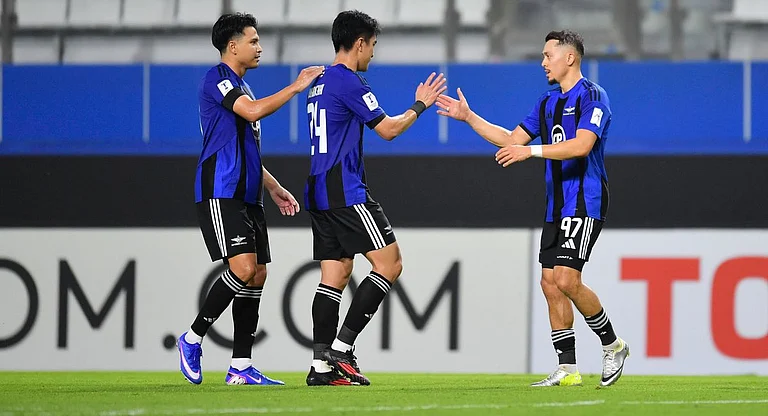Under the chairmanship of former President of India, the first official meeting of the 'One Nation One Election' committee has been scheduled to be convened on September 23. The committee is set up to explore the feasibility of the "one nation, one election" policywhich encompasses an idea that opened the possibility of conducting the Lok Sabha polls with a string of state assembly elections awaited this year.
About the committee
The Centre earlier formed an eight-member committee chaired by ex-president Ram Nath Kovind to suggest changes to Constitution for simultaneous polls.
The committee will have Home Minister Amit Shah, Congress leader in Lok Sabha Adhir Ranjan Chowdhury, former leader of the opposition in Rajya Sabha Ghulam Nabi Azad and former Finance Commission chairman NK Singh as members.
The panel, will also include former Lok Sabha Secretary General Subhash C Kashyap, senior advocate Harish Salve and former Chief Vigilance Commissioner Sanjay Kothari as members.
It has been reorted that Law Minister Arjun Ram Meghwal will attend the meetings of the committee as a special invitee, while Legal Affairs Secretary Niten Chandra will be secretary to the panel.
Objectives of the committee
The committee is constituted to examine and recommend the required amendments to the Constitution, the Representation of the People Act and any other laws and rules which would require amendments for the purpose of holding simultaneous elections.Moreover, the committee will also examine and recommend if the amendments to the Constitution would require ratification by the States.
Besides, it will also take part in analysis and recommendation of possible solutions to scenarios such as a hung House, adoption of a no-confidence motion, or defection or any other event in case of simultaneous elections.
The committee will hear and entertain all persons, representations and communications which in its opinion can facilitate its work and enable it to finalise its recommendations.


























